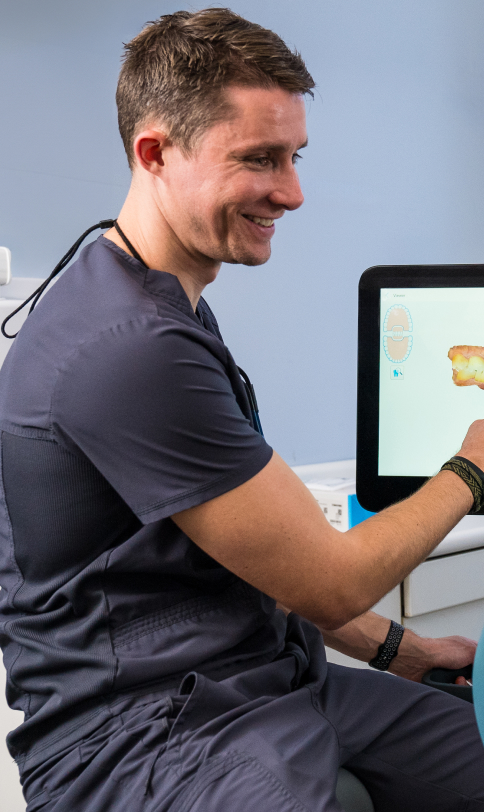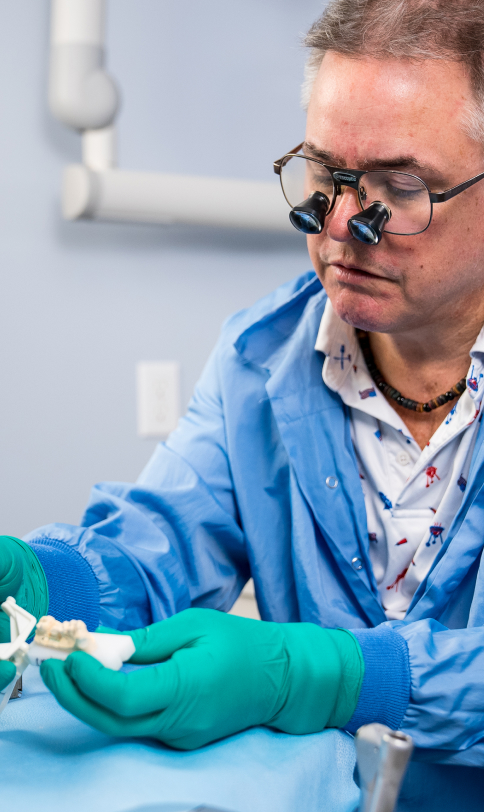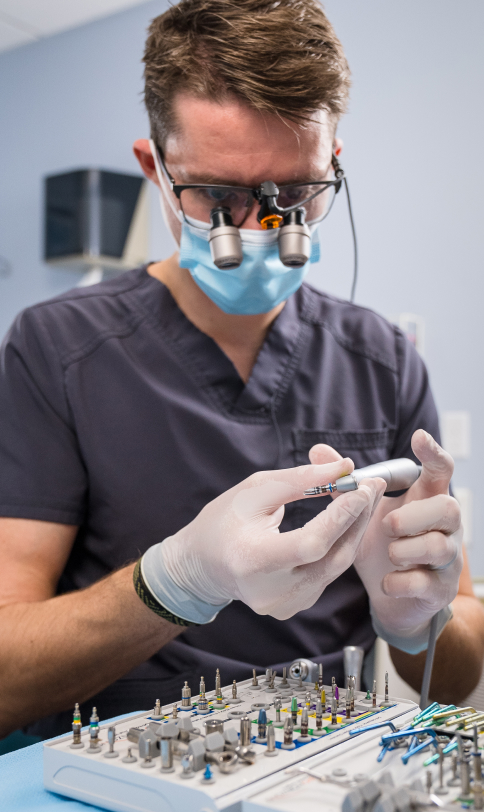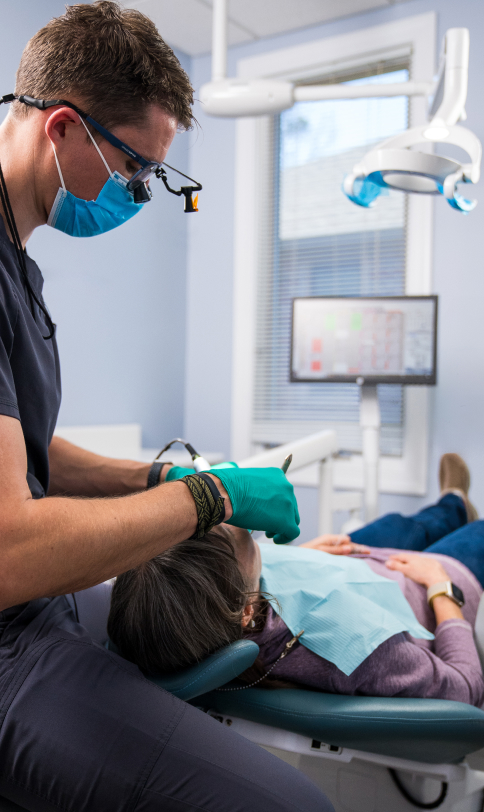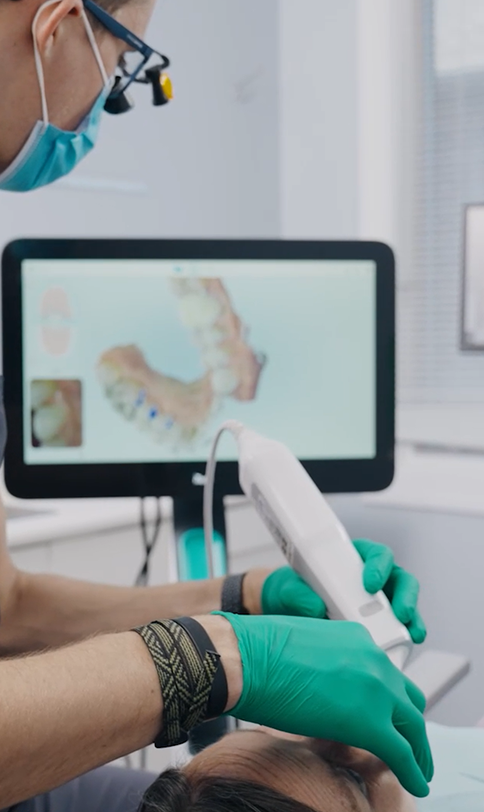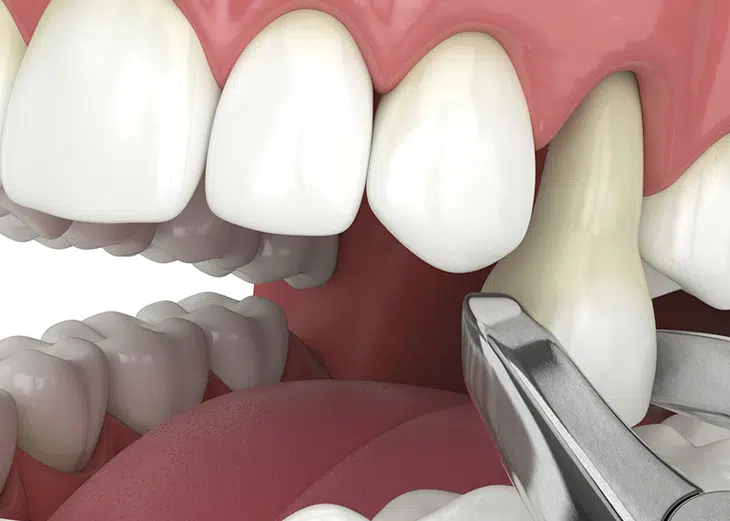
Understanding When It's the Right Option
When it's essential to maintain oral health, tooth extraction becomes a necessary option. Whether it's caused by trauma, disease, or overcrowding, extracting a tooth may be the best course of action. This procedure involves completely removing one or more teeth from the jawbone.
At Legacy Dental, serving Cary and nearby areas, we offer professional tooth extraction services. Our skilled team ensures gentle and safe extractions to preserve your oral well-being.
A Normal Procedure
While preserving natural teeth is ideal, there are various reasons why tooth extraction may become necessary. In cases where a filling or crown isn't sufficient for restoration, the American Dental Association recommends extraction for teeth with severe trauma, extensive decay or disease, or those causing crowding among neighboring teeth. Additionally, it's common for patients to undergo extraction before orthodontic treatment.
Typically, many extractions are straightforward and conducted in the office. For teeth visible above the gum line, we administer local anesthesia to numb the extraction site and gently remove the tooth using forceps. However, broken or impacted teeth may require a more complex procedure.
" The American Dental Association recommends tooth extraction for teeth that have experienced severe trauma, exhibit extensive tooth decay or disease, or contribute to crowding among adjacent teeth. "
Preventing Infection
According to the National Institute of Dental and Craniofacial Research, gum disease is the primary cause of tooth loss among adults. This condition arises when bacteria infiltrate below the gum line, leading to infections. Left untreated, oral bacterial presence can result in gum recession, jawbone deterioration, loose teeth, and ultimately, tooth loss.
Additionally, research indicates that chronic dental infections can trigger inflammation, contributing to cardiovascular disease, stroke, and other related illnesses. Although a root canal procedure can often salvage a decayed tooth, there are instances where a tooth's structural integrity is compromised beyond repair. In such cases, tooth extraction becomes necessary to prevent the spread of damaging decay and infection.
" Extracting a tooth can halt the spread of harmful decay and infection. "
Overcrowded or Impacted Teeth
In certain instances, extracting crowded or impacted teeth can be advantageous. Impacted wisdom teeth, for example, lack sufficient space to emerge fully, potentially leading to pain, infection, and other dental complications. While not all cases require it, wisdom teeth extraction becomes necessary when these teeth start causing pain or dental issues. Additionally, wisdom teeth that only partially break through the gums can contribute to crowding problems and are particularly prone to cavities.
Some patients may also require tooth extraction before undergoing orthodontic treatment. Properly aligning teeth through orthodontics can be challenging when space is limited. Crowded teeth heighten the risk of gum disease and cavities, making tooth extraction a viable option for alleviating crowding and addressing impacted teeth.
" Extraction helps to avert pain, infection, and various other dental complications. "
When Tooth Restoration Is Not Enough
Typically, the initial approach to repair a damaged tooth involves a crown or filling. However, if the damage is extensive, attempting to salvage the tooth may pose further risks to oral health. For instance, a filling might make the tooth vulnerable to fracturing, or the tooth may lack the strength to support a crown. In cases of severe damage, root canal procedures may also not be feasible.
Each tooth has a finite capacity for dental work before it becomes compromised. Despite attempts to prolong its lifespan through procedures like crown replacements or root canal treatments, there's a limit to how much restoration can be done. After numerous fillings, crowns, and root canals, the tooth's integrity may be severely compromised. At this juncture, tooth extraction emerges as the most viable option for preserving overall oral health.
" If the damage reaches a certain severity, attempting to salvage the tooth could jeopardize overall oral health further. "
Trauma and Tooth Extraction
Teeth, though resilient, aren't immune to damage. Traumatic dental injuries can result from various incidents like sports mishaps, car accidents, or even simple falls. While many injuries are minor, severe damage to a tooth may render restoration impossible, necessitating extraction.
Following tooth trauma, Prompt appointment scheduling with an emergency dentist in Cary is crucial for better outcomes. Our team meticulously examines for signs of additional damage that may not be immediately apparent. Extraction becomes inevitable if a tooth is severely fractured and too loose for restoration through dental procedures. Patients must take dental trauma seriously, even if it initially appears mild.


